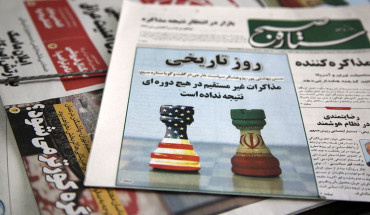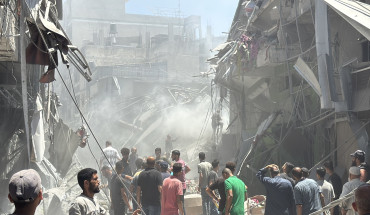It’s a dynamic reinforced by the state’s near-total control of the media, according to Gonul Tol, the Turkey program director at the Middle East Institute: “In polarized societies, and especially in autocracies, where there is limited access to information, truths may not matter as much,” she said.
In a time of disaster and uncertainty, Tol said, people “just want an assertive leader.”
After the earthquakes, as Kilicdaroglu continued to make political reform and righting the economy cornerstones of his campaign, some voters in the earthquake zone came to believe that Erdogan was the only one looking out for them. He came up with a rebuilding plan — to erect housing for every displaced person within a year — “even before people could pull their loved ones’ dead bodies out of the rubble,” Tol said.











